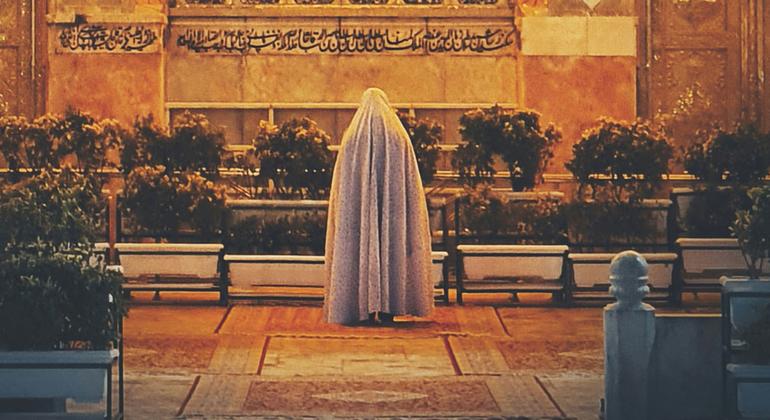The Islamic Republic of Iran has long been criticized for its discriminatory practices, particularly against women and girls. A recent update from the United Nations highlighted the systemic discrimination based on gender that exists in both law and practice within the country. This discrimination has far-reaching impacts on women’s bodily autonomy, freedom of expression and religion, as well as their economic, social, and cultural rights.
The report noted that the repression against women in Iran has intensified in recent years. This escalation comes in the wake of the tragic death of 22-year-old Jina Mahasa Amini, who died in custody after being arrested by Iran’s “morality police” for alleged non-compliance with the country’s mandatory hijab laws. Her death sparked protests across Iran, with people demanding accountability and an end to discrimination under the rallying cry of “Woman, Life, Freedom.”
One of the most concerning aspects of the report is the rise in violence, surveillance, and executions targeting women in Iran. Security forces have reportedly increased physical violence against women and girls who are perceived as not adhering to the mandatory hijab laws. This violence includes beating, kicking, and slapping, and serves as a means of enforcing compliance with these oppressive laws.
In addition to physical violence, the report highlighted the increased surveillance of hijab compliance in both public and private spaces in Iran. Authorities have been using drones and other surveillance techniques to monitor women’s adherence to the hijab laws. This heightened surveillance infringes on women’s right to privacy and autonomy, further restricting their freedom.
Furthermore, the report raised concerns about the use of the death penalty and other criminal laws to suppress dissent and discourage protests in Iran. Women activists, including those from ethnic and religious minorities, have been sentenced to death on national security charges, raising alarm among human rights experts. This pattern of harsh sentencing for women activists is a clear violation of their rights and a means of silencing dissent.
Amidst this escalating repression, the report highlighted the impending approval of the “Hijab and Chastity” bill in Iran. This bill is expected to impose harsher penalties on women who do not comply with the hijab laws, including fines, longer prison sentences, restrictions on work and education, and bans on travel. These punitive measures further restrict women’s rights and freedoms, reinforcing the discriminatory practices that exist in Iran.
The International Fact-Finding Mission on Iran called on the Iranian government to immediately halt the execution of protesters, consider abolishing the death penalty altogether, release all those arbitrarily detained during protests, and end repressive policies against women and girls, including the “Hijab and Chastity” bill. The Mission emphasized the importance of keeping women’s rights high on the agenda and urged the international community to take action to address the human rights violations in Iran.
The update warned that without meaningful deterrence for the Iranian government’s violations against women and girls, victims and survivors will continue to be denied their fundamental rights and freedoms. The report highlighted the need for accountability and justice for the widespread impunity that exists in Iran, particularly for crimes against humanity. The Mission called on UN Member States to increase their efforts to address these human rights violations and hold the Iranian government accountable for its actions.









